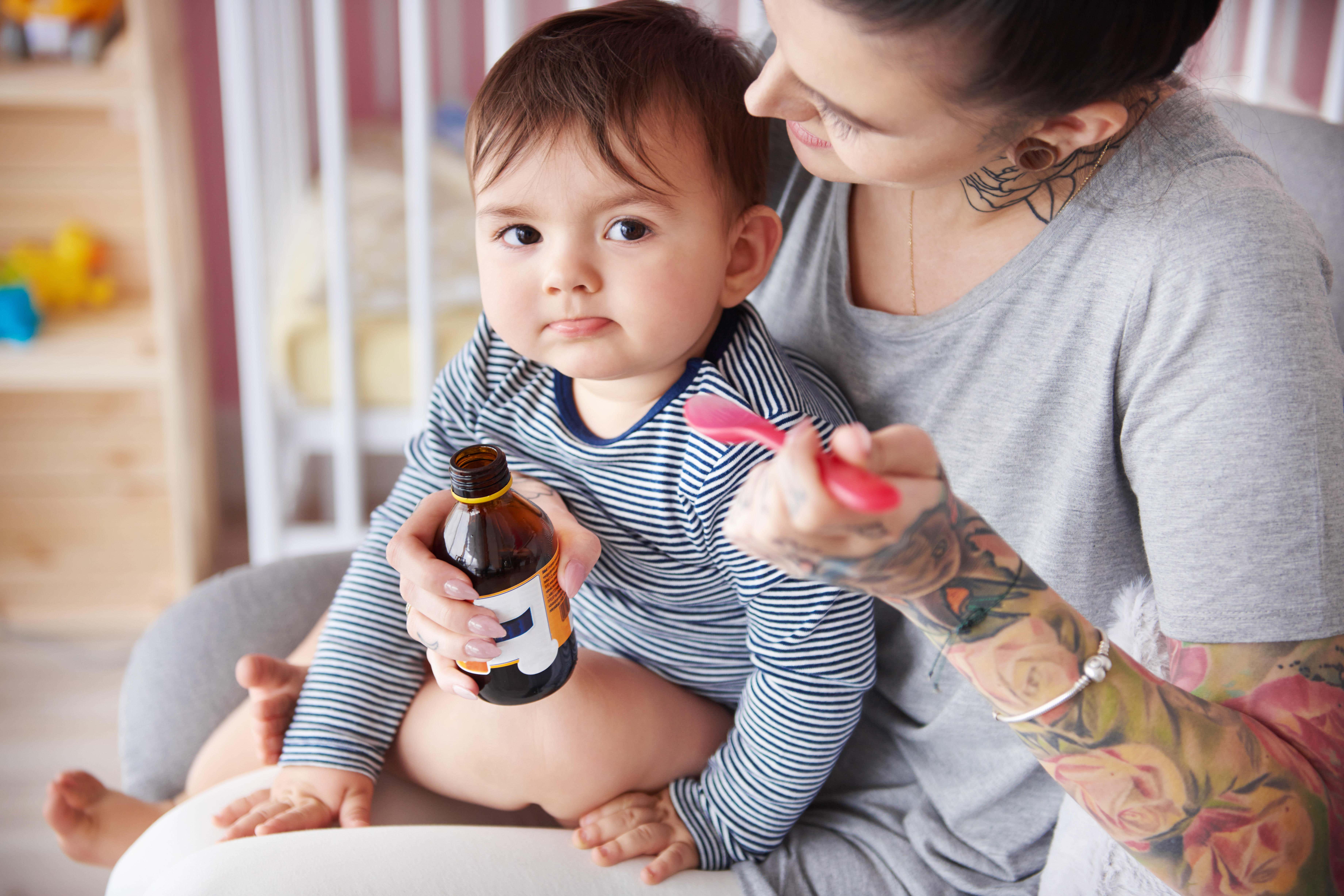As Amy Schumer’s son is rushed to hospital with RSV, what parents need to know about the common virus
Cases of respiratory illness RSV are rising. Lisa Salmon speaks to experts about how to spot the virus.

Your support helps us to tell the story
From reproductive rights to climate change to Big Tech, The Independent is on the ground when the story is developing. Whether it's investigating the financials of Elon Musk's pro-Trump PAC or producing our latest documentary, 'The A Word', which shines a light on the American women fighting for reproductive rights, we know how important it is to parse out the facts from the messaging.
At such a critical moment in US history, we need reporters on the ground. Your donation allows us to keep sending journalists to speak to both sides of the story.
The Independent is trusted by Americans across the entire political spectrum. And unlike many other quality news outlets, we choose not to lock Americans out of our reporting and analysis with paywalls. We believe quality journalism should be available to everyone, paid for by those who can afford it.
Your support makes all the difference.Comedian Amy Schumer has revealed her young son was rushed to hospital after suffering from the respiratory illness RSV (respiratory syncytial virus).
The common childhood infection usually only causes mild cold-like symptoms in young children, but around three in every 100 will have symptoms severe enough to need hospital treatment – like Schumer’s three-year-old son Gene.
Schumer wrote on Instagram: “This was the hardest week of my life. I missed Thursday rehearsals [for Saturday Night Live] when my son was rushed to ER and admitted for RSV. Shout out to all the parents going though this right now.” Now, Schumer says Gene is “home and better”.
“Respiratory syncytial virus (RSV) is a common virus that most commonly affects babies and children under two,” explains Erika Radford, head of health advice at Asthma + Lung UK (A+LUK asthmaandlung.org.uk).
“The latest data shows that there has been a steady rise of RSV cases in recent weeks, with an increase in the number of children under five being admitted to hospital. There has also been steep increase in hospitalisation rates in children under one with bronchiolitis, a viral chest infection which is most commonly caused by RSV.”
Dr Conall Watson, consultant epidemiologist for the UK Health Security Agency (UKHSA), suggests this rise in hospital admissions is “in line with what we typically see at this time of year”, adding: “For children under two, RSV can be severe – particularly for babies and those born prematurely.”
So what are the signs of RSV, and how can you tell if it’s causing serious illness in your child?
Symptoms of RSV
“RSV it is a common virus, and most of the time the symptoms are very mild and can be managed at home,” says Radford.
“Like most other colds and viruses, RSV starts with a blocked or runny nose and can progress to cause a cough, fever and sometimes breathing difficulties. The good news is that for most children it will clear in a few days and children can be looked after at home.
“However, some children do develop more severe symptoms. RSV can sometimes lead to bronchiolitis, an infection of the smaller airways in the lungs. Warning signs to look out for in your children include if they are finding it difficult to feed or eat, they are breathing more quickly, they have noisy breathing (wheezing), or seem very tired.”
Watson stresses: “If you’re worried your infant has cold symptoms with any unusual breathing or difficulty feeding, please contact 111 or your GP. If your child seems seriously unwell, trust your judgement and get emergency care.”
Who gets RSV?
The virus is most common in young children – the UKHSA suggests more than 80% of children will have had the virus by their second birthday – but as they get older, children usually develop more immunity to it.
A+LUK says babies under six months old are more likely to develop more severe RSV symptoms, and babies born prematurely, or those with long-term lung conditions, are also at increased risk of developing a serious illness from RSV.
How to prevent RSV
Just like other viruses – including Covid – RSV is spread through coughing and sneezing.
Watson says: “With RSV rising, actions like using tissues and handwashing can reduce spread to the most vulnerable. If you’re ill, do not visit babies.”